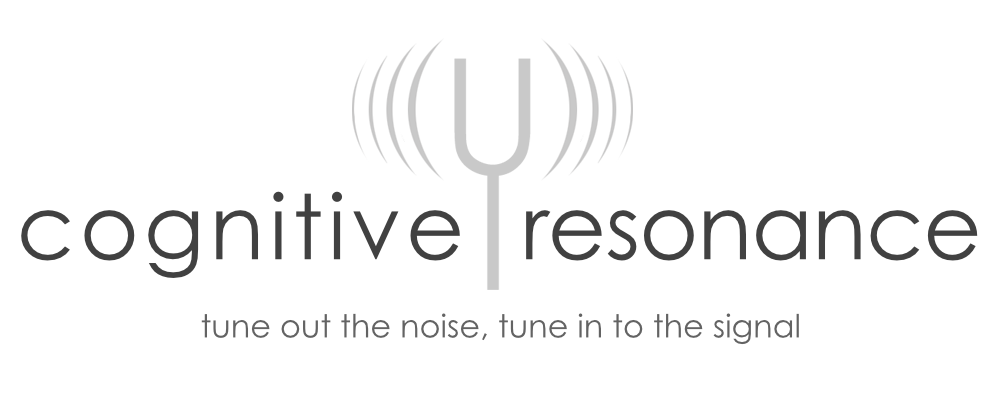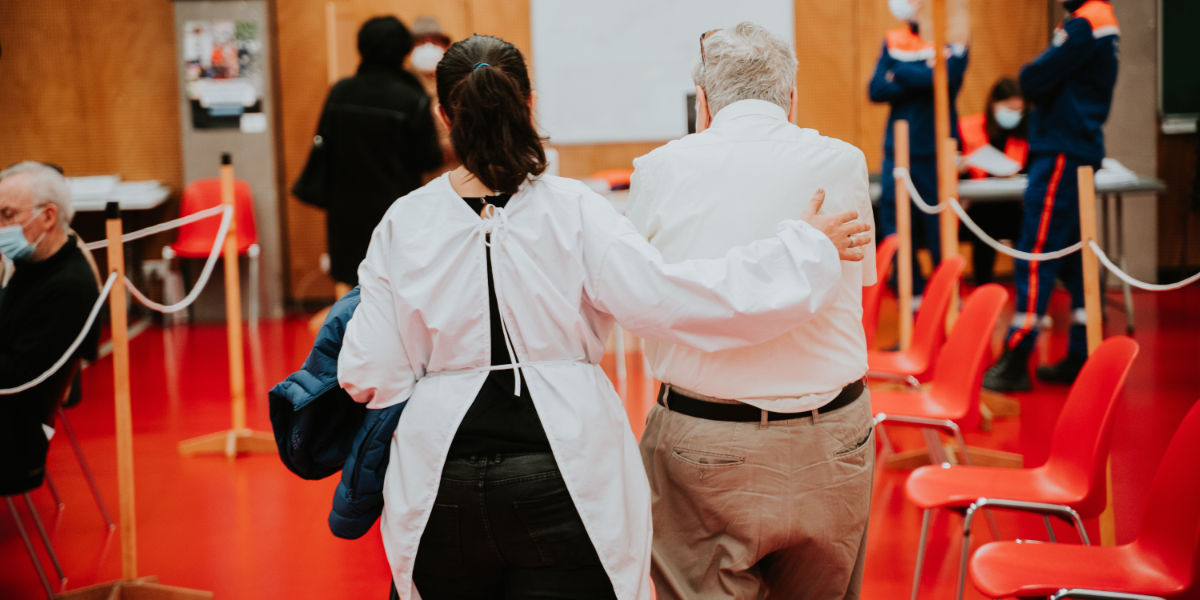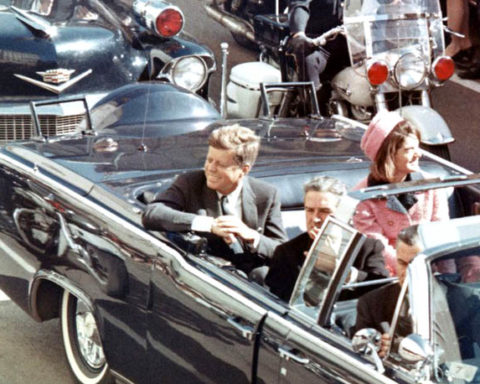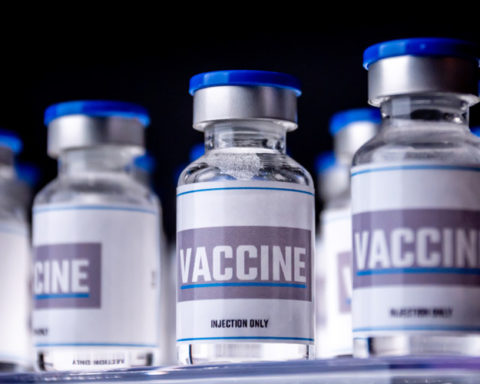Pretend it didn’t happen – expert advice on how to behave after receiving a single dose of any of the Covid-19 vaccines.
The cases are already beginning to emerge.
When 85-year-old Colin Horseman was admitted to Doncaster Royal Infirmary in late December, it was for a suspected kidney infection. But not long afterwards he caught Covid-19 – at the time, roughly one in four people in hospital with the virus had acquired it there. He developed severe symptoms and was eventually put on a ventilator. A few days later, he died.
At first glance, Horseman’s situation may seem fairly typical, though no less tragic for it. After all, at least 84,767 people have now succumbed to the disease in the UK alone at the time of writing. But, as his son recently explained in a local newspaper, less than three weeks earlier he had been among the first people in the world to receive the initial dose of a Covid-19 vaccine – the Pfizer-BioNTech version. He was due to receive the second dose two days prior to his death.
In fact, most vaccines require booster doses to work.
Read the full article on BBC.com
Without access to more information about the trial methods and the data that was collected, it’s harder for scientists to make their own assessments of the results’ validity






